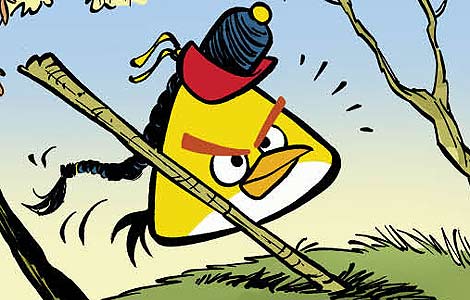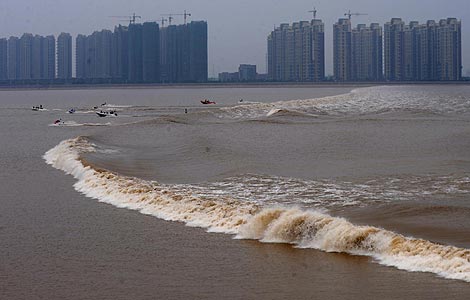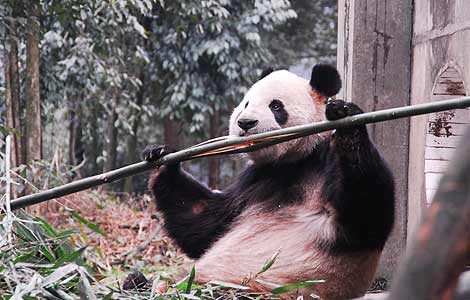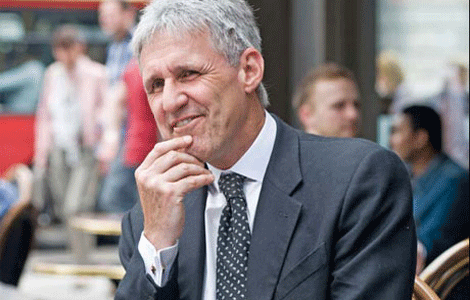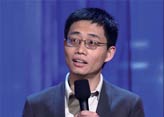Somehow there's time for sleep, too
Updated: 2011-09-13 07:51
By Tang Yue (China Daily)
|
|||||||||

BEIJING - CEOs are too busy with their work to take up a demanding sport like triathlon, right?
Wrong.
Well, at least Ian Gilham has no problem handling the dual tasks.
Gilham, 51, is the CEO of Axis-Shield, an international in-vitro diagnostics company, and took up the sport five years ago. The Brit competed in his third World Championship in Beijing over the weekend and finished 19th in his age group, his best result to date.
"It is all about the schedule," Gilham said of the balance between work and training. "Usually I get up at 5:00 am and check e-mails. Then I start training for an hour or two before I go to work. I do the same in the hotel when I'm on a business trip. And, of course, I go to bed early, about nine.
"It has changed somewhat in Europe over the past decade. It is not that you are a good CEO if you work 20 hours a day. You don't have to. It is about time management," he said.
Gilham said being a CEO and an athlete had a lot in common, and the training and competition had turned out to be very helpful at the workplace.
"In both cases, you want to win. You want to lead your company to be No 1 in the field and as an athlete, you want to be run faster, swim faster and ride faster, to get a better result; that is quite similar," he said. "The training doesn't make me too tired for work. Actually, it gives me more energy, it makes me feel much younger and helps me concentrate on the job during working hours."
As a CEO of a company in the health field, it also helps, he said.
"People say, 'look, the CEO is crazy. He is doing triathlon'. But staying active is always the best way to stay healthy, that is also the message I want to convey by competing here and there. That is my philosophy," said Gilham, who used to play badminton and was an amateur rugby coach before turning to the triathlon.
For Huw Brassington, the idea is not to "balance" work and training, but to "combine" them.
Brassington, 26, is a high school teacher in North Wales. Cycling is his weakest part of the triathlon. So he rides to school in the morning, which takes him about one hour, and pedals back home after work. He does it three times during the working week and then has much longer riding sessions on the weekend.
"It is really not an easy job to be an amateur triathlete. You have to train and you have your work, your family and your girlfriend. My girlfriend doesn't see me that much actually," said Brassington, who finished seventh in his age group in Beijing.
"But you must figure it out. And North Wales is the ideal environment for training with spectacular mountains and lakes. It makes training fun. And there's not much traffic on my way to work. I have a better chance to run into sheep than into cars," said Brassington, who was sponsored by Bangor University to compete at the worlds.
"Also, as a teacher, I get a lot of time in the summer. That's when I train a lot and make progress."
He asked for leave to race in Beijing but didn't tell his students about it.
But he believes the achievement will be helpful when he deals with the class when he returns.
"The next time they get noisy I can say, 'seventh in the world, shut up!'" he joked.
China Daily


